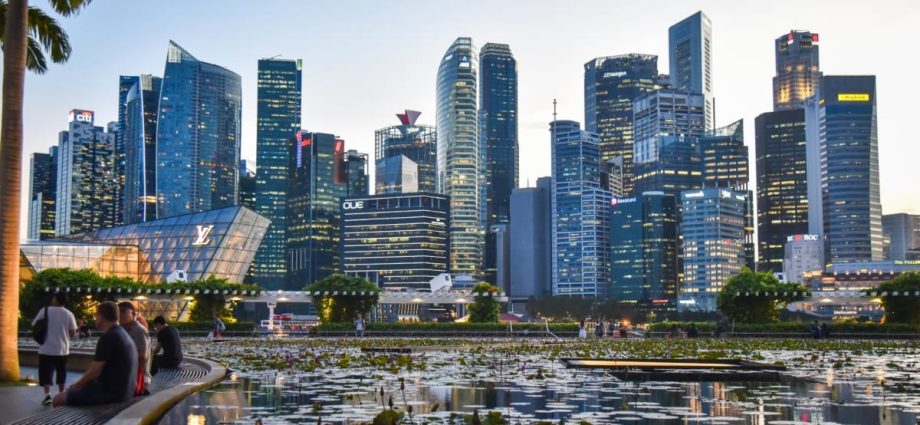
SINGAPORE: The Monetary Authority of Singapore (MAS) announced on Wednesday (Jul 5) adjustments to its tax incentives for single family offices, such as recognising a broader range of investments in Singapore as well as overseas climate-related investments.
These changes hope to encourage single family offices to deploy capital “more purposefully to benefit Singapore and the region” and increase contributions towards environmental and social causes, said MAS chief Ravi Menon at a press conference for the central bank’s annual report.
Family offices are private organisations set up to manage the wealth of one or multiple families.
A single family office is not required to be registered or licensed by the MAS as they do not manage third-party funds. The number of such entities that were awarded tax incentives by the MAS has increased to 1,100 as of end-2022, up from 700 in 2021, said Mr Menon.
To encourage single family offices to invest further in Singapore, MAS is expanding the scope of tax incentives to recognise all investments in non-listed Singapore operating companies, including private credit.
It will recognise twice the amount invested in Singapore-listed equities, eligible exchange-traded funds and unlisted funds that invest primarily in Singapore-listed equities.
Single family offices will also be required to have at least one non-family member among the investment professionals it is hiring.
In addition, all new SFO applicants will have to meet the business spending requirement with spending solely from Singapore, unlike previously where overseas spending counted towards meeting the requirement.
The new changes will expand the pool of available jobs for professionals in Singapore, as well as channel greater benefits to Singapore-based businesses and service providers, said Mr Menon.
In tackling climate change, MAS will broaden the scope of eligible investments to cover blended finance structures and recognise climate-related investments overseas, not just those in Singapore.
“Climate change is a global problem that is not bounded by national borders,” said Mr Menon.
“As a low-lying island state, Singapore is particularly vulnerable to climate change. We should thus recognise all efforts made to address climate change issues.”

